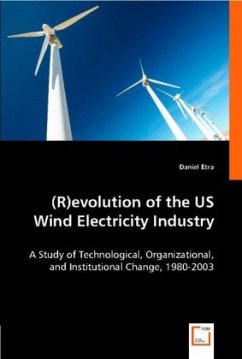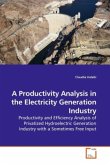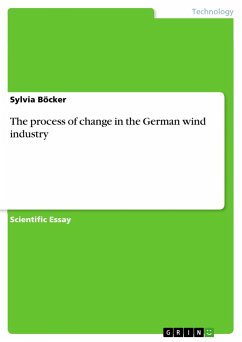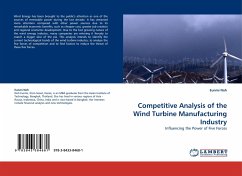Forty years ago, a wind power industry did not exist. Today, it not only exists but it flourishes. This development is surprising because it has involved the spread of a radical new technology through a sector that is historically both very risk averse and characterized by high barriers to entry. This work tries to explain the success of wind power by examining existing historical studies, quantitative data sources, and a set of original interviews with key industry participants. It uses ideas from two sociological subfields - Social Construction of Technology and New Institutionalism - to go beyond simple ideas of technological or economic determinism. It looks at how the success of wind power involved the co-evolution of physical technologies that are believed to work, and new organizational arrangements that are perceived to be beneficial. This work finds that it is not just about technology nor is it just about politics and regulations. This story is about how they all combine to channel development in particular directions.
Bitte wählen Sie Ihr Anliegen aus.
Rechnungen
Retourenschein anfordern
Bestellstatus
Storno








